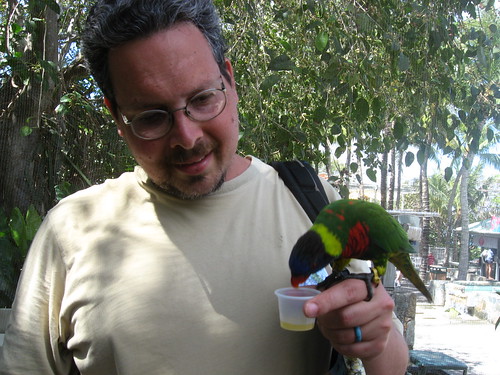🦋 Due Deliberation
A few weeks ago I served on a jury, hearing an aggravated assault case in Newark. I have been wanting to write a narrative of the experience, this is a first stab at that. I was standing, 3 hours into our deliberations, banging on the table and yelling at juror #8 that he had to listen to what I was saying, instead of just mindlessly repeating his same refrain, which was essentially "He [the defendant], is not a criminal, so I cannot find him guilty." I was kind of on edge for the rest of the day, and yelled or almost-yelled at #8 once more that afternoon. That was not the proper way to go about juroring, I knew even as I was doing it and realized more clearly on my way to jury duty the following morning, to resume deliberations. I had been telling myself a story, during the testimony and closing statements, which pitted me against the sleazy defense lawyer; now that the testimony had ended I was transferring the antagonist role onto a group of 3 jurors, with #8 as their ringleader, who wanted to find the defendant innocent. When I listen to the above paragraph -- and when I understood that morning what I had been doing -- it makes me seem really unsympathetic and like somebody I would read about who is going about his jury duty from a prejudiced and ignorant standpoint. But wait! -- thing is, the defendant was guilty. And the defense lawyer was sleazy. I take the fact of our eventual guilty verdict as vindication of my thinking the defendant was guilty, if not of my attitude during testimony. And going back to my memory, I believe that I can separate out the prejudiced personal narrative from what I was actually hearing, and feel like the verdict was proper. On the second day of deliberations, things were a lot calmer. I apologized to #8, and he was gracious. I made what I think was my biggest contribution to the deliberations, which was to say: I think almost all of the events surrounding the punch, which were called into question by various bits of evidence, are extraneous -- if the punch was thrown in self defense, the defendant is not guilty of assault, and if it was not, then he is guilty of assault. I was able to get every other juror (including #8) to agree to that formulation, which meant that what we were deliberating about was brought into much clearer focus -- a lot of the tension of the first day had been caused by going around and around on the truth or falsehood of a lot of details which, because the evidence did not clearly support or refute, people were able to personalize and build narratives around. [That sentence is not clear and needs some editorial work.] Agreeing to my formulation made #8's notion that "he is not a criminal" recede a bit, so it was more about the facts in evidence. More later.
posted evening of Thursday, December 15th, 2005
➳ More posts about Jury Duty
|

